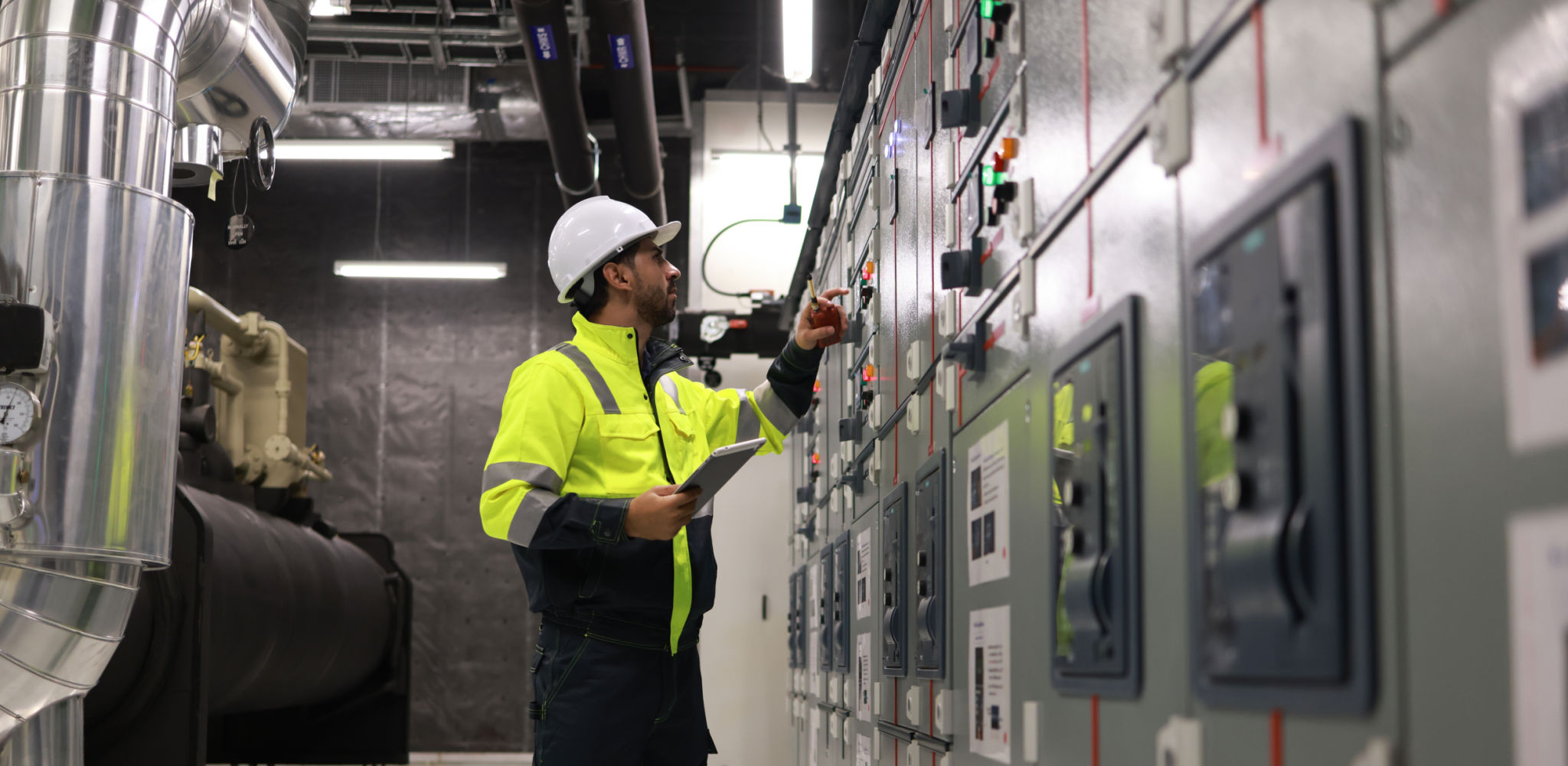Smart Machine Optimization: The New Frontier in Machinery Efficiency
JM
The Rise of Smart Machine Optimization
In recent years, the integration of smart technology into machinery has revolutionized the manufacturing and industrial sectors. Smart Machine Optimization (SMO) is emerging as a pivotal factor in enhancing machinery efficiency, reducing operational costs, and increasing productivity. This innovative approach leverages advanced technologies to streamline processes and optimize the performance of machines.
SMO is not just a trend but a necessary evolution in machine operations. With industries facing increasing pressure to improve efficiency while minimizing waste, smart machine optimization provides a viable solution. Through real-time data analysis and predictive maintenance, industries can ensure their machinery operates at peak performance.

The Role of IoT in Smart Machine Optimization
The Internet of Things (IoT) plays a crucial role in smart machine optimization. By connecting machinery to the internet, IoT enables the seamless collection and analysis of data. This connectivity allows for predictive maintenance, where potential issues are identified and addressed before they result in costly downtime.
IoT sensors embedded in machines monitor various parameters such as temperature, vibration, and pressure. When these readings deviate from the norm, the system can trigger alerts for maintenance checks. This proactive approach not only extends the life of machinery but also enhances safety and efficiency.

Benefits of Implementing Smart Machine Optimization
Adopting smart machine optimization offers numerous benefits. Firstly, it significantly enhances operational efficiency. By utilizing real-time data, businesses can make informed decisions that improve workflow and reduce energy consumption. Secondly, SMO leads to cost savings by minimizing downtime and extending equipment lifespan.
- Improved operational efficiency
- Cost savings through reduced maintenance and downtime
- Enhanced safety with predictive alerts
- Increased productivity through optimized performance

Challenges and Considerations
While the advantages of smart machine optimization are substantial, there are challenges to consider. Implementing these technologies requires significant investment in both hardware and software. Additionally, businesses need to ensure they have skilled personnel to manage and interpret the data generated by these systems.
Data security is another critical concern. With machines connected to the internet, they become potential targets for cyberattacks. Companies must invest in robust cybersecurity measures to protect their operations and sensitive data.

The Future of Machinery Efficiency
As technology continues to advance, the potential for smart machine optimization will only grow. Future developments may include artificial intelligence-driven systems that offer even greater levels of automation and efficiency. These systems will be capable of learning from data patterns and optimizing operations without human intervention.
The journey towards smarter machinery is well underway, and those who adopt these technologies early stand to gain a competitive edge. By embracing smart machine optimization, businesses can position themselves at the forefront of innovation, ensuring they remain relevant in an ever-evolving industrial landscape.
